After the plebiscite of February 1961 and the UN vote for Southern Cameroons independence, the United Nations recommended a tripartite conference to determine the terms of association between the British Southern Cameroons and the Republic of Cameroun.
By Celeste Maddox
Yesterday, one of us reacted to a post that asked: “What happened to the first federation?” That reflection touched my own thoughts on the matter. I promised to provide more detail, because the Foumban issue is central to our case. I had circulated this before, but some may not have seen it. Permit me to present it in three parts so that it does not appear too long. At the end, we can all share our opinions. My aim is that this strengthens and empowers us all.
We have often heard compatriots suggest that a “union in the form of a Federation” was concluded between the British Southern Cameroons and La République du Cameroun (LRC) in Foumban in 1961. They go further to argue that today’s conflict arises because LRC violated the terms of this supposed Foumban agreement when it created a unitary state in 1972.
We also hear other misconceptions:
“When we joined LRC, it was on the basis of equality.”
“We are fighting for our independence.”
“The struggle only began in 2016 with lawyers’ and teachers’ strikes.”
“Mr. Biya commands the army to kill his own people.”
“We must avoid the mistakes our fathers made in Foumban in 1961.”
“This is a civil war.”
None of these statements, as they stand, is true. None withstands scrutiny. The truth — the very reason for our struggle — lies in what really happened in July 1961.
Let us be clear:
We never joined LRC, neither as equals nor as unequals. Does anyone recall the moment of “joining”? Can anyone produce an international legal instrument to prove it? None exists.
The UN had already granted our independence through Resolution 1608 (XV) on 21 April 1961. What we are resisting is an illegal occupation.
Our fathers committed no “mistake” in Foumban. True, they should not have gone there, but they did not conclude any accord with LRC.
The struggle did not begin in 2016. That year marked only an escalation through a popular uprising. Long before, Ambazonian pioneers like Fon Gorji Dinka, Albert Mukong, Chief Ayamba, Dr. Nfor, Pa Sabum, and many others were arrested and imprisoned.
Mr. Biya is not killing “his own people.” Ambazonians are not his people. Under international law, Ambazonians are a distinct people. Recall the Banjul ruling of 2009!
This is not a civil war. Wars between two countries are never civil wars.
What Actually Happened in Foumban
Yes, a meeting was held in Foumban in July 1961. On one side were Southern Cameroonians led by Premier John Ngu Foncha; on the other side were officials of LRC led by President Ahmadou Ahidjo. It was Ahidjo who convened the meeting.
But here is the truth: after the plebiscite of February 1961 and the UN vote for Southern Cameroons independence, the United Nations recommended a tripartite conference to determine the terms of association between the British Southern Cameroons and the Republic of Cameroun. This conference was to be attended by:
The Administering Authority (the United Kingdom),
The Government of Southern Cameroons,
The Government of LRC,
Plus a three-man UN expert commission.
It was not for Ahmadou Ahidjo to convene such a conference. And by the terms of self-government, Premier Foncha had no powers over defence, foreign affairs, or taxation. Those powers were reserved to the British Commissioner, J.O. Field, under the Foreign and Commonwealth Office in London.
Therefore, the Foumban meeting amounted only to talks between two unequal parties: a Trust Territory still under British administration, and an already independent state. If considered “preliminary discussions,” then it was not the UN-recommended tripartite conference.
Foumban could never fulfil the UN’s requirement for three clear reasons:
Ahmadou Ahidjo had no mandate from the UN to convene the conference.
Premier Foncha had no authority in foreign affairs to commit the Southern Cameroons.
The Administering Authority and the UN experts were absent, contrary to UN Resolution 1608.
(to be continued…)













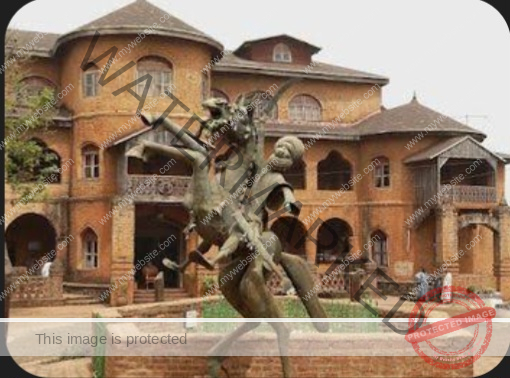
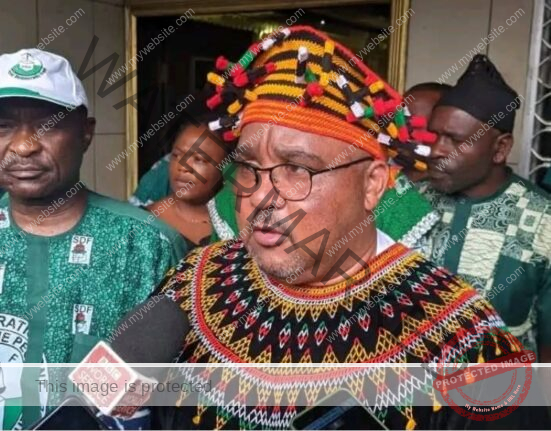
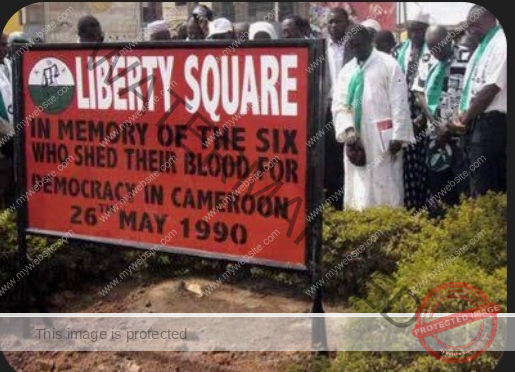
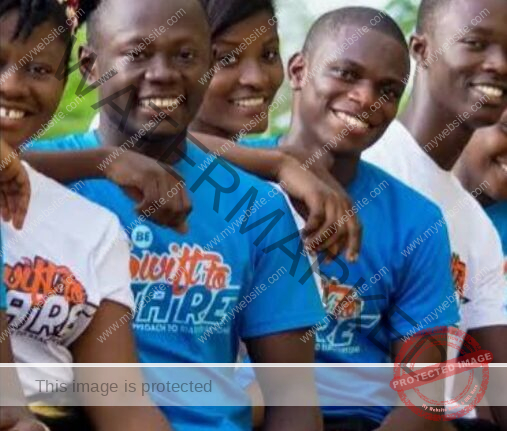

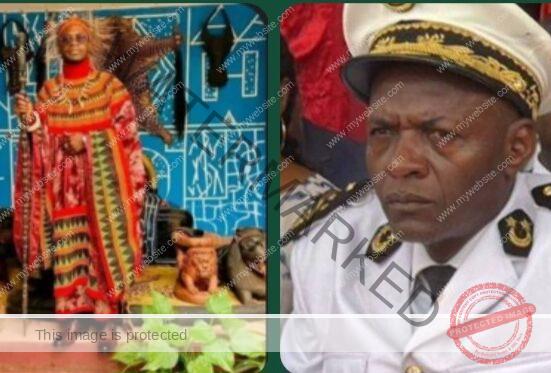
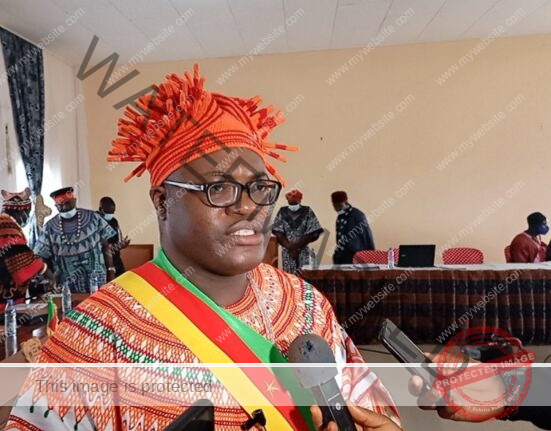

Leave feedback about this